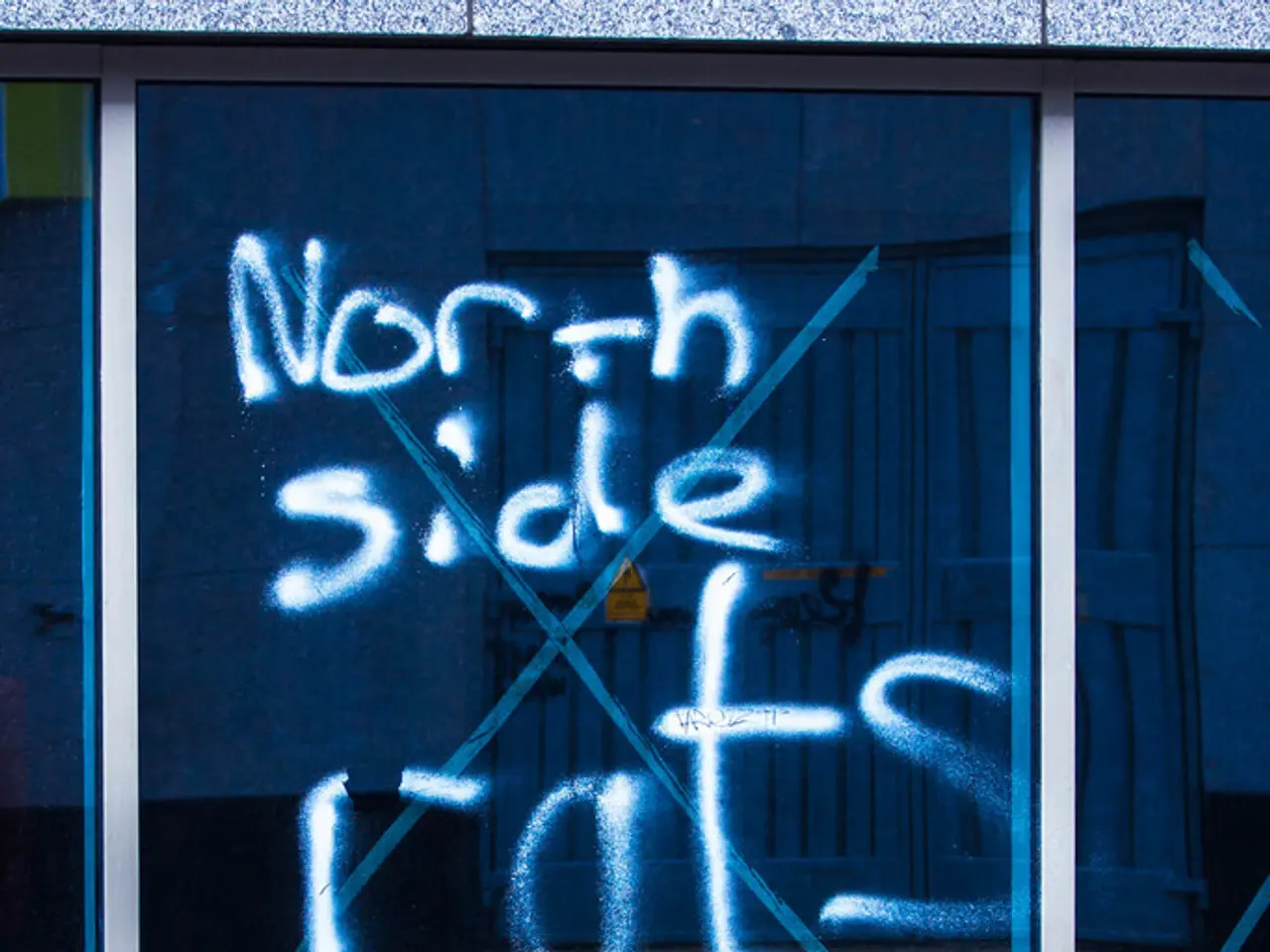Poland Implements Border Controls - Consequences Ahead
In a move aimed at curbing irregular migrant crossings, Poland has reinstated temporary border controls with Germany, effective July 7, 2025. This decision, announced by Polish Prime Minister Donald Tusk, is a response to growing concerns over uncontrolled migrant flows moving back and forth across the border.
The reintroduction of border controls will have immediate practical impacts on travelers, commuters, and cross-border traffic. Freedom of movement, as guaranteed by the Schengen Agreement, will be affected, with travelers and commuters facing additional checks and possible delays at the border. Long queues and slower transit are expected, which could impact daily commuters and commercial transportation, potentially slowing cross-border trade and traffic flow.
Both countries are increasing security measures to enforce these controls. Germany is boosting police patrols along smuggling routes on the border with Poland, while Poland is implementing stricter checks on buses, minibuses, cars with many occupants, and vehicles with tinted windows. Polish transport companies are concerned about potential 100% controls leading to delays on the return journey.
The move contributes to weakening the Schengen free-travel zone, a cornerstone of European integration and peace since World War II. Such border controls can encourage other nations to reinstate or prolong their own checks, undermining the unity and fluidity of cross-border movement in Europe. The temporary measures could also dampen the sense of European cohesion and shared identity by reinstating physical and administrative barriers, affecting cultural exchanges and personal connections between communities on both sides of the border.
Delays in cross-border traffic could disrupt regional economies that rely on close, integrated relations—especially in border regions where workers, goods, and services frequently move across borders daily. The potential economic repercussions are a cause for concern, as is the political and diplomatic strain that this "tit-for-tat" approach between Poland and Germany risks exacerbating.
Despite these challenges, both leaders have expressed a desire to work together to resolve the issue. German Chancellor Friedrich Merz has emphasized that border controls are necessary until the external European borders' protection is assured but rejected claims that Germany is returning asylum seekers to Poland as a form of "repatriation tourism."
Looking ahead, the rules of the Common European Asylum System (CEAS) are set to take effect mid-June 2026, which may affect the overall situation. However, until then, long waiting times, planning uncertainty, and disrupted cargo traffic are expected due to the border controls.
Despite these challenges, it's important to note that Poland is a member of the European Union and part of the Schengen area, meaning a passport is not required for travel between the two countries. Around 13,000 people commute daily from Poland to Saxony, and more than 14,000 do so to Brandenburg.
In conclusion, while the border controls are intended as a temporary measure to address migration concerns, they have immediate practical impacts on travelers and longer-term implications for European integration, cooperation, and cross-border relations between Germany and Poland. As the situation evolves, it is crucial for both countries to collaborate effectively to mitigate these impacts and maintain the unity and prosperity of the European Union.
The reintroduction of border controls between Poland and Germany has prompted debates in the realm of politics and general-news, with concerns over its implications for cross-border travel, trade, and cultural exchanges. The stricter checks at the border, including 100% vehicle inspections and increased security measures, are also raising discussions in the crime-and-justice sector, as transportation companies express concerns about potential delays and disruptions.







